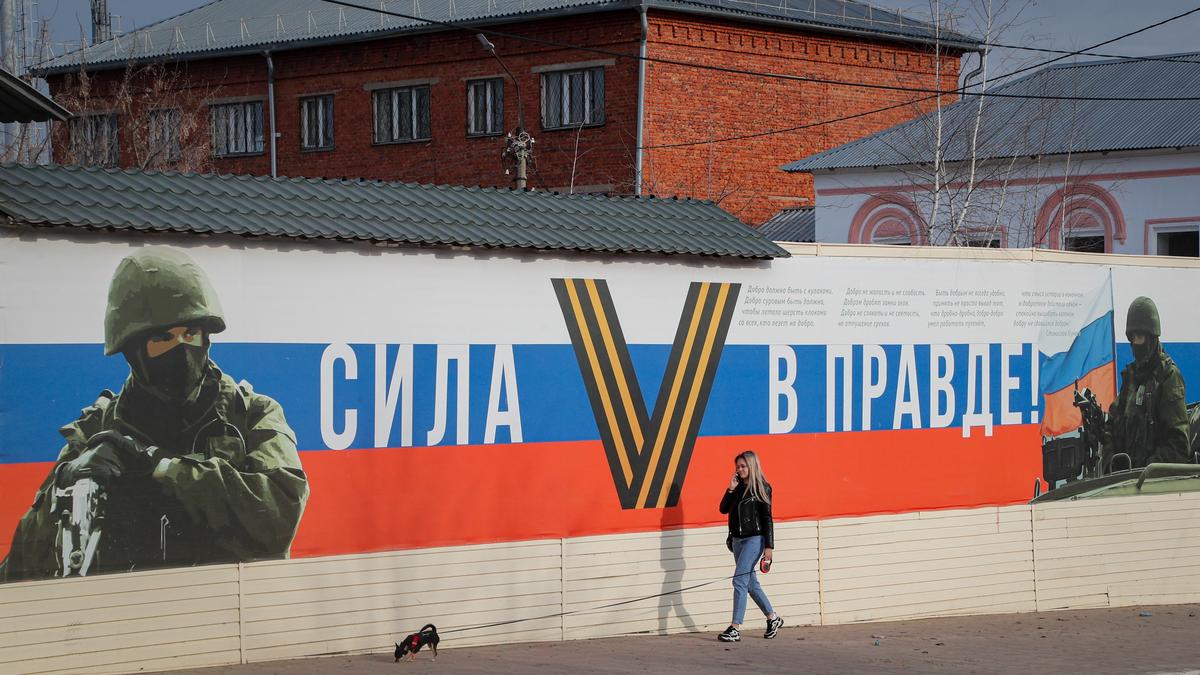French cyclist Sofiane Sehili was released from detention in the city of Ussuriysk in Russia’s Far East late last month, having spent 50 days in police custody after being arrested for illegally crossing into the country from China during his attempt to break the world record for the fastest endurance cycle from Lisbon to Vladivostok.
Jonas Heins
MA in European and Global Studies at University of Padova, Italy
Sehili, who told reporters that he had been treated just “like everyone else” while in jail and described the Russians he encountered as “friendly”, admitted that his decision to cross the border illegally had been naive, given the “tense” situation in Russia, an apparent reference to the country’s war in Ukraine, and its growing paranoia over domestic security given successful recent incidents of Ukrainian sabotage.
While he pledged to continue breaking records, Sehili ruled out returning to Russia anytime soon, and warned anybody who might be thinking of doing so not to break any laws there, and yet he showed no real remorse or even a basic understanding of the situation in which he had nonchalantly placed himself.
His description of Russian jail as “not a nice place, but not a violent place either”, was a subjective judgement based on his experience in a single prison facility, and one that’s totally removed from the violent day-to-day reality of life in Russian prisons, where over 200 Ukrainian prisoners of war have died since 2022.
Last year alone, Novaya Gazeta Europe reported the death of at least 15 political prisoners in the Russian prison system, including that of Ukrainian journalist Viktoria Roshchyna, whose body bore numerous marks consistent with torture and other inhuman treatment, including bruising, a broken rib, and “possible signs of electrocution”, according to Human Rights Watch.
Sehili could have faced punishment of up to two years in prison, and in an autocratic state such as Russia, any charges could easily have been inflated and trumped up. While Sehili profited from certain privileges as a French citizen, that very status also made him a potentially valuable bargaining chip in the Kremlin’s negotiations with Western governments.
Every day, NGOs and charities work to shed light on the mistreatment and suffering of wrongfully incarcerated people across the world, and cases such as Sehili’s serve only to divert time and resources from other, far more important cases elsewhere.

Sofiane Sehili. Photo: Instagram
Sehili’s record attempt was neither a political act, nor was it a subversive one — it appears that his desire to set a new time for the journey was his sole motivation for crossing the border illegally. Nor is he alone in his quest to earn a reputation as a trailblazer — he is joined by a cohort of Western influencers and content creators each attempting to outdo the others in their choice of ever more exotic destination or challenging activity.
In an attempt to position themselves in a unique content niche, more and more influencers are travelling to Russia, where they are at pains to mention how kind and hospitable the people are, so different, supposedly, from what they were led to believe by their own media. Such superficial gloss is capable of concealing the struggles of entire peoples.
In October, Ukrainian media outlet United24 published an investigation into foreign influencers working in Russia, such as Alexandra Jost, a Russian-American whose YouTube channel, Sasha Meets Russia, frequently parrots Kremlin talking points, and who, United24 revealed, is part of a larger enterprise that directly benefits from Kremlin funding through the Presidential Foundation for Cultural Initiatives (PFKI).
Too often, Western influencers end up reprising the talking points of Russian influencers — and thus, the Kremlin — while claiming that their intention was simply to show the “real” Russia and to connect with its people.
Established in 2021 to finance cultural and creative projects, the PFKI now frequently engages in the dissemination of overt state propaganda and the whitewashing of the regime’s crimes in Ukraine. While the Russian and Western influencers in the organisation’s pay often film apolitical subject matter such as cultural activities or day-to-day life in Russia, they still frequently repeat Kremlin propaganda narratives such as Russia’s supposed safety — a direct result of it being a brutal police state — or its respect for so-called “traditional values” — the result of discrimination against and the violent persecution of queer people, feminists and those choosing to be “child free”.
According to United24, PFKI also funds more overt war propaganda, financing creators such as Ruslan Ostashko, who became the guardian of a Ukrainian child abducted and deported illegally from an orphanage in the Russian-occupied Luhansk region.
Too often, Western influencers simply end up reprising the talking points of Russian influencers — and thus, the Kremlin — while claiming that their intention was simply to show the “real” Russia and to connect with its people. Such an approach is simplistic and dishonest, however, and substitutes a redacted and state-approved version of peoples’ lives in place of their own lived realities.
A significant part of that reality is unfortunately the brutal regime and its willing supporters, its violent suppression of any criticism or dissent, and its daily terror against the Ukrainian people. While denying the basic humanity of entire groups of people is indefensible, whitewashing the actions of criminal regimes, or even worse, willingly disseminating their propaganda in an attempt to appear compassionate and brave, is both egocentric and ignorant.
Sehili may have been, in his own words, naive in seeking to grow his online following by embarking on his adventurous journey, but like so many other Western influencers in Russia, he’s also, whether he realises it or not, little more than a cog in the propaganda machine used by the Kremlin to influence global opinion.
In their quest for a unique perspective and an ever-so-daring video, foreign influencers in Russia are risking not only their own lives and those of the people they interact with, they are also acting as useful idiots for the Kremlin and demonstrating their blatant disregard for the plight of others.
Views expressed in opinion pieces do not necessarily reflect the position of Novaya Gazeta Europe.

